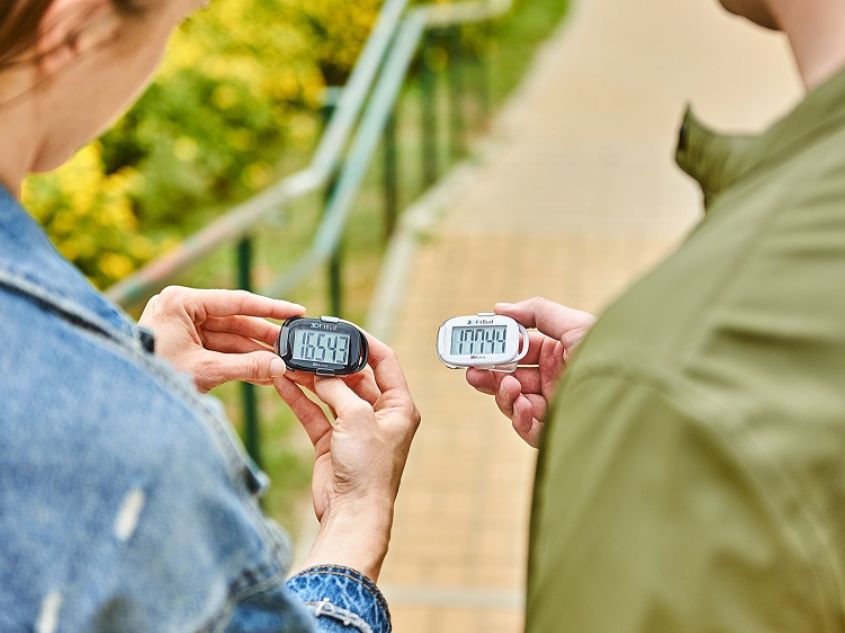Simple step counters, also known as pedometers, are simple devices that track the number of steps taken during the day. They are small and typically clip onto clothing or can be worn on the wrist. Pedometers work by detecting motion and measuring the number of steps taken. The most common type of pedometer is the clip-on variety, which is worn on the waistband or belt.
On the other hand, smart devices such as Fitbit, Garmin, and Apple Watch, are equipped with accelerometers, which measure the acceleration of the body's movements to track activity. In addition to tracking steps, these devices can also monitor heart rate, calories burned, and sleep patterns. Smartphone apps such as Google Fit, MyFitnessPal, and Runkeeper also use accelerometers to track your activity.
While smart devices and phone apps can be convenient, they may not always be the most accurate option for tracking steps. One study published in the Journal of Sports Sciences found that wrist-worn activity trackers overestimate the number of steps taken by as much as 15%, while smartphone apps can underestimate the number of steps taken by as much as 20%. In comparison, simple step counters are found to be the most accurate, with an error rate of less than 5%.
Read more: Five Reasons to Ditch the Activity Tracker and Get a Step Counter
The accuracy of simple step counters can be attributed to their simplicity. Unlike smart devices and phone apps, simple step counters only measure steps and do not account for other activities such as cycling or swimming. This means that there is less room for error, as there are fewer variables to consider. Simple step counters also do not rely on an internet connection or GPS, which can affect the accuracy of smart devices and phone apps.
Another advantage of simple step counters is their affordability. Basic step counters are significantly less expensive than smart devices, making them an accessible option for those on a budget. They are also durable and do not require frequent charging, making them a low-maintenance option for those who do not want to constantly monitor their device's battery life.
When it comes to tracking steps, accuracy is paramount, and simple step counters are the most reliable option. While smart devices and phone apps may offer additional features and benefits when it comes to tracking steps, a simple step counter is the most accurate and cost-effective option.



